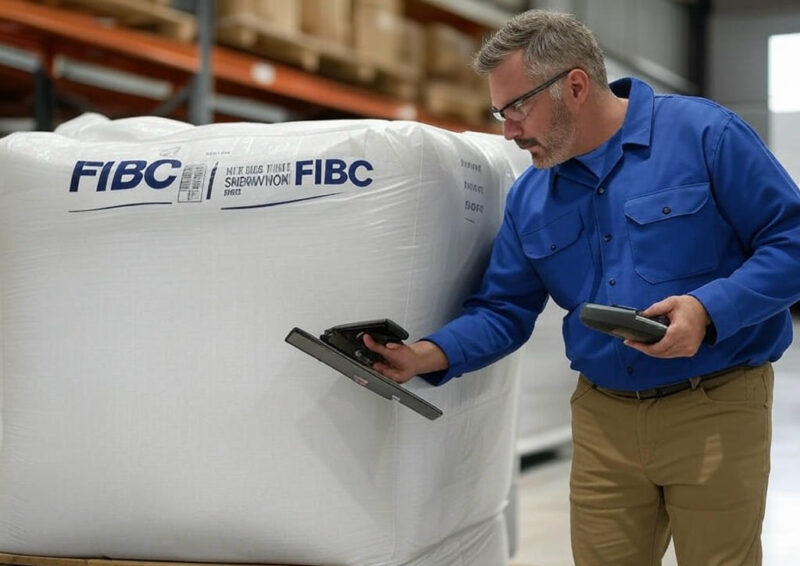
Macfil Global Pvt Ltd manufactures high-tenacity woven polypropylene fabrics engineered for industrial bulk packaging applications. Our textiles serve as the backbone of FIBCs (Flexible Intermediate Bulk Containers) across food, chemical, mining, and construction sectors—where tensile performance, dimensional stability, and safety compliance are non-negotiable. Whether for Type A, B, or UN-certified FIBCs, our woven PP fabrics are designed for consistent quality and traceability in high-volume operations.
Flat-woven polypropylene fabric, with 70 to 240 GSM, forms the primary body of standard FIBCs. Macfil produces these using slit-film tapes with high tenacity and elongation control. Dimensional accuracy across warp and weft is critical for bag symmetry, stacking safety, and automated filling line compatibility.
These fabrics are optimized for lamination, printing, or liner insertion. Applications include bulk transport of sugar, fertilizer, sand, minerals, and petrochemicals. Our loom architecture allows real-time tension calibration and edge stability for cut-roll consistency.
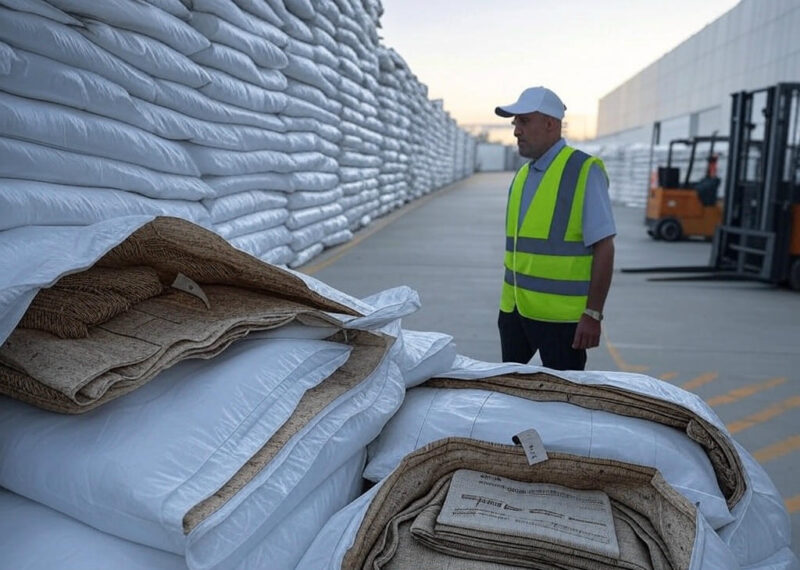
For packaging flammable powders and volatile chemicals, Macfil offers anti-static PP woven fabrics. Type B fabrics feature controlled breakdown voltage below 6kV, while Type C fabrics include interwoven conductive threads that require grounding during use.
These are used in pharmaceutical, agrochemical, and fine powder packaging, where electrostatic discharge (ESD) risk must be mitigated. We adhere to IEC 61340-4-4 standards with continuous resistance checks across production lots.
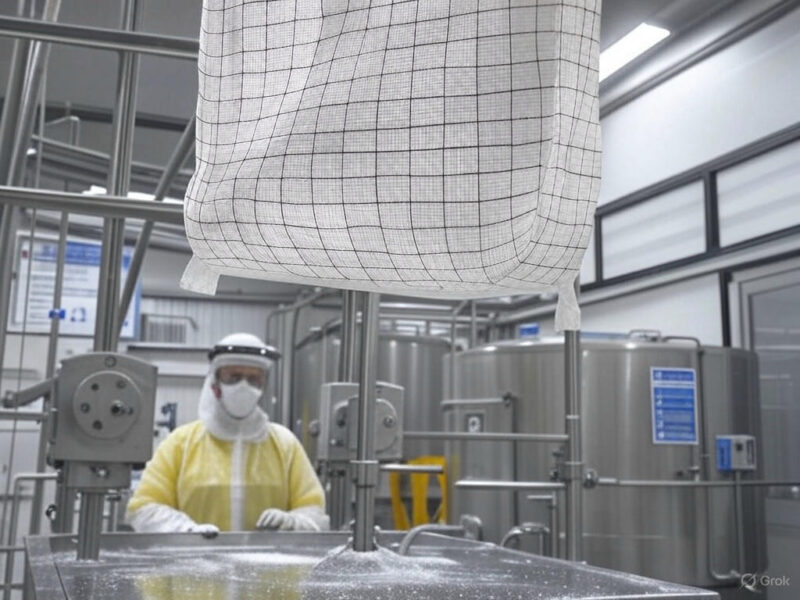
Macfil provides both coated (laminated) and uncoated woven PP fabrics. Laminated variants are used for moisture-sensitive goods like starch, cement, and food powders, while uncoated versions are preferred for granular and coarse-fill applications.
Our extrusion coating lines allow grammage control from 15 to 40 GSM with excellent bonding uniformity. Coated fabrics are corona-treated for printability and optimized for heat-sealed spouts and discharge valves.
In industries where filled FIBCs are stored outdoors—such as mining, agriculture, or cement—UV degradation can critically affect safety. Macfil’s woven fabrics are stabilized to 1500+ hours (QUV-B) exposure with HALS masterbatch integration.
These fabrics retain mechanical strength and resist color fading, brittleness, and chalking under solar radiation. Field data from Rajasthan and South Africa supports their outdoor performance lifespan.
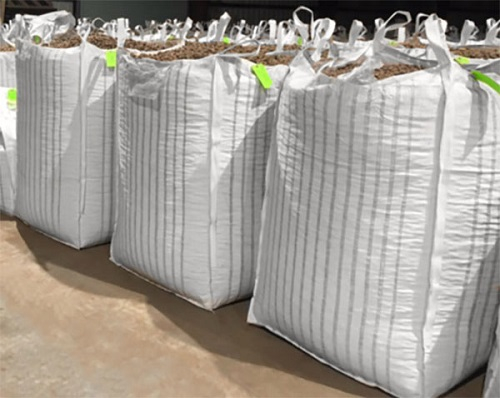
Macfil manufactures ventilated FIBC fabrics with aligned vertical strip perforations, used in storing and transporting potatoes, onions, and firewood. These fabrics combine structural integrity with air exchange capacity to prevent rot, mold, and spoilage.
They are woven using tape + multifilament combinations that prevent tearing at perforation edges. Applications span agricultural exports and biomass packaging for European markets.
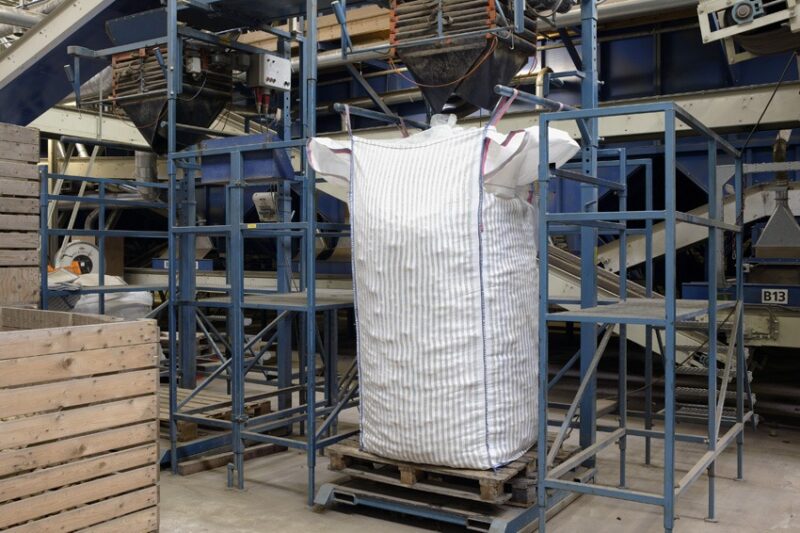
Macfil’s FIBC-grade woven fabrics are purpose-built for performance-critical bulk packaging. From antistatic safety to moisture barriers and breathable structures, our textiles are engineered for real-world industrial use cases.
Clients across five continents rely on Macfil not just for supply—but for reliability, compliance, and packaging innovation.